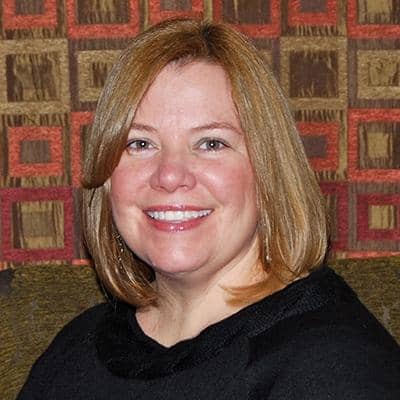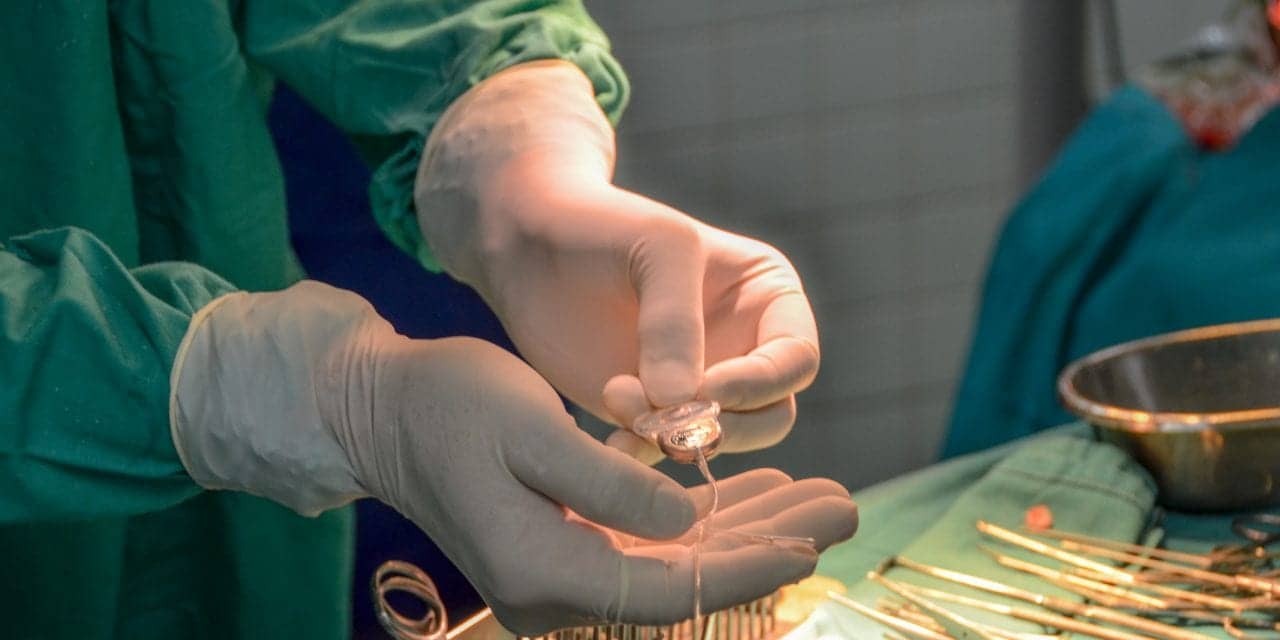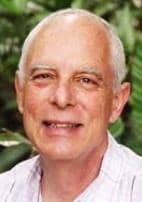The University of Massachusetts Amherst announced that Associate Professor and Acting Chair of Communication Disorders Sarah Poissant has been appointed to a National Academies of Sciences, Engineering, and Medicine (NASEM) committee on Evaluating Hearing Loss for Individuals with Cochlear Implants.
Related article: Advanced Bionics Receives FDA Approval for Marvel Cochlear Implants
According to the announcement, the committee was formed to assess the Hearing in Noise Test (HINT) and alternatives tests with similar characteristics for adults and children with cochlear implants. The group will work to identify and recommend generalized testing procedures and criteria for evaluating the level of functional hearing ability needed to make a disability determination in adults and children after cochlear implantation. The committee will produce a report detailing and supporting their findings, conclusions, and recommendations based on published evidence (to the extent possible) and professional judgement (where published evidence is lacking).

“I am very grateful to Dean Anna Maria Siega-Riz for nominating me for membership on this committee,” said Poissant. “One of the things I am enjoying most about this work is its interdisciplinary nature. Our team spans the professions of audiology and hearing science, medicine and surgery, biostatistics, epidemiology, and psychology and it has been great to meet some new colleagues from across the country. Working with staff from the National Academies, all of whom are so generous in the ways they guide and support the work of the committee, has been such a pleasure. I am honored to have this opportunity to contribute to work important to the lives of cochlear implant recipients.”
The committee serves under the Health and Medicine Division’s Board of Health Care Services within the National Academies of Sciences, Engineering, and Medicine. Founded in 1863, the National Academies provide nonpartisan, objective guidance for decision makers on pressing issues related to science, engineering, and medicine and their implications for policy and practice.
Source: The University of Massachusetts Amherst
Image: The University of Massachusetts Amherst



-220x264.gif)

